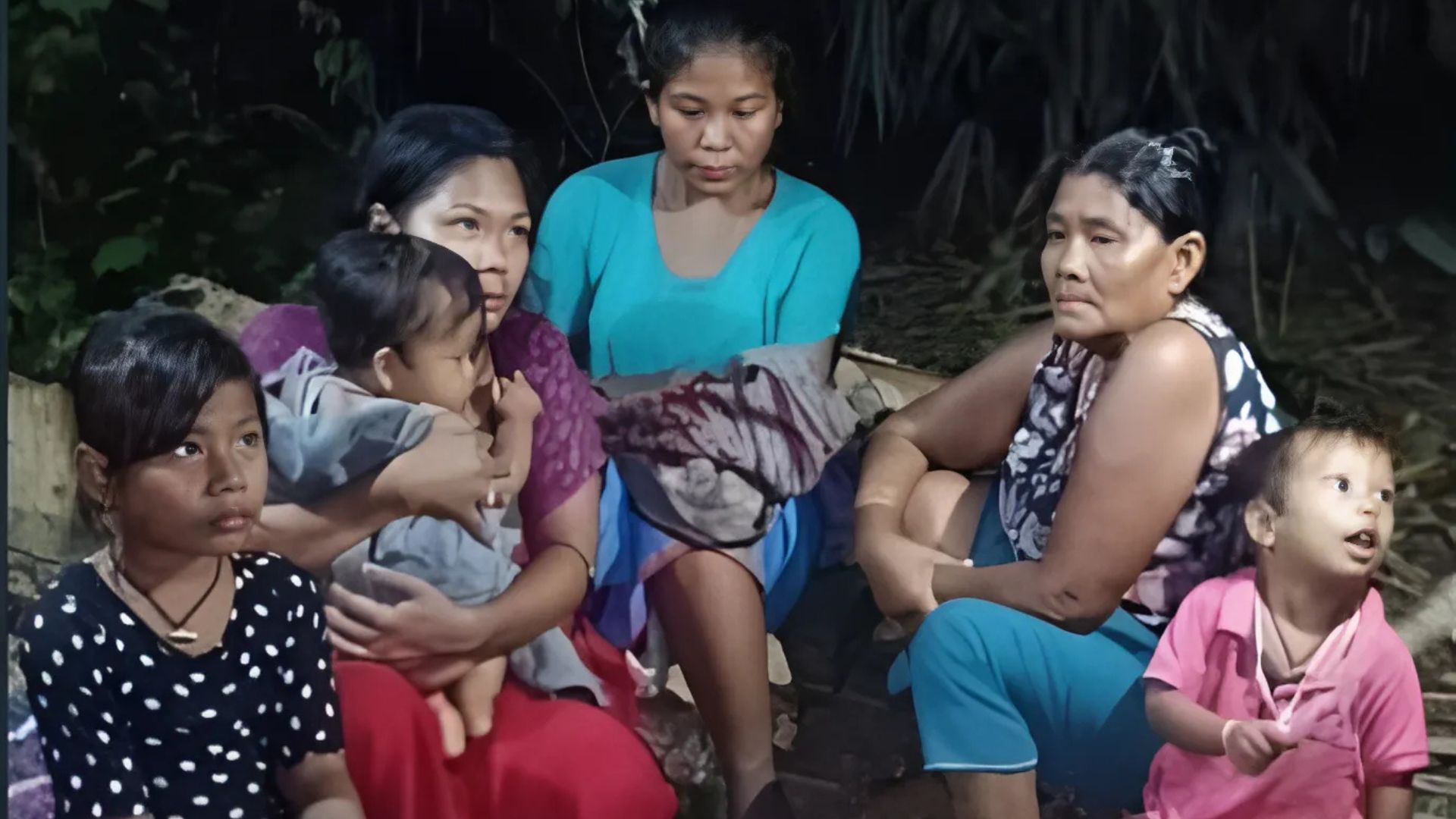After a hiatus of four years, the Jawaharlal Nehru University (JNU) Campus is gearing up for the Jawaharlal Nehru University Student Union Election on March 22, just ahead of the Lok Sabha election, as announced by the election committee on Sunday.
Responding to persistent student demands for a Student Union Election, the JNUSU election is scheduled for March 22, with the final results set to be declared on March 24. A preliminary voters list will be published on March 11, 2024. Following any objections to the voter list, corrections will be made between March 12, 09:00 am, and 05:00 pm.
Nomination Forms will be issued on Thursday from 02:00 pm to 05:00 pm, and nominations can be filed on March 15, Friday, between 09:30 am and 05:00 pm. The list of valid Nominations will be displayed on Saturday at 09:00 am, and withdrawal of nominations will take place between 10:00 am and 01:00 pm. The final list of candidates will be notified on Saturday at 03:00 pm, followed by a press conference by the election committee.
School-level General Body Meetings are scheduled from March 17 to March 19, while University level General Body Meetings (UGBM) will commence on March 20 at 10 am. The committee emphasizes the importance of correcting the voters’ list well in advance of the nomination filing process.
In addition, the Election Committee has outlined plans for supplementary activities, including a presidential debate to encourage open communication among candidates. General Body Meetings (GBMs) will also be organized to facilitate discussions and debates on current issues.
Shailendra Kumar, the committee’s head, stressed the significance of these gatherings, highlighting their role in ensuring the integrity and transparency of the electoral process, as well as fostering communication between candidates and voters. He encouraged student participation in these activities, emphasizing their instrumental role in shaping the school’s future.
Furthermore, Kumar mentioned that a detailed schedule for the GBMs will be disclosed only after confirming the final list of applicants. On January 28, following persistent efforts by JNUSU and the united student community, the JNU Administration reluctantly issued the first notification for the JNUSU elections.
This circular came on the heels of JNUSU submitting a final memorandum to the JNU Administration and calling for a complete University Strike on January 30 and a total non-cooperation movement with the administration.
Adhering to the Lyngdoh committee recommendations, the university urged the cooperation of all students in ensuring fair and orderly elections, emphasizing that student union elections should be conducted within six to eight weeks from the commencement of the semester.
The last JNUSU elections occurred over four years ago in September 2019, witnessing a decisive victory by the united front of Left student organizations, including the Student Federation of India (SFI), All India Students Association (AISA), All India Students’ Federation (AISF), and Democratic Students’ Federation (DSF). Aishe Ghosh emerged as JNUSU president, defeating the RSS-affiliated Akhil Bharatiya Vidyarthi Parishad, the erstwhile competitor.

















